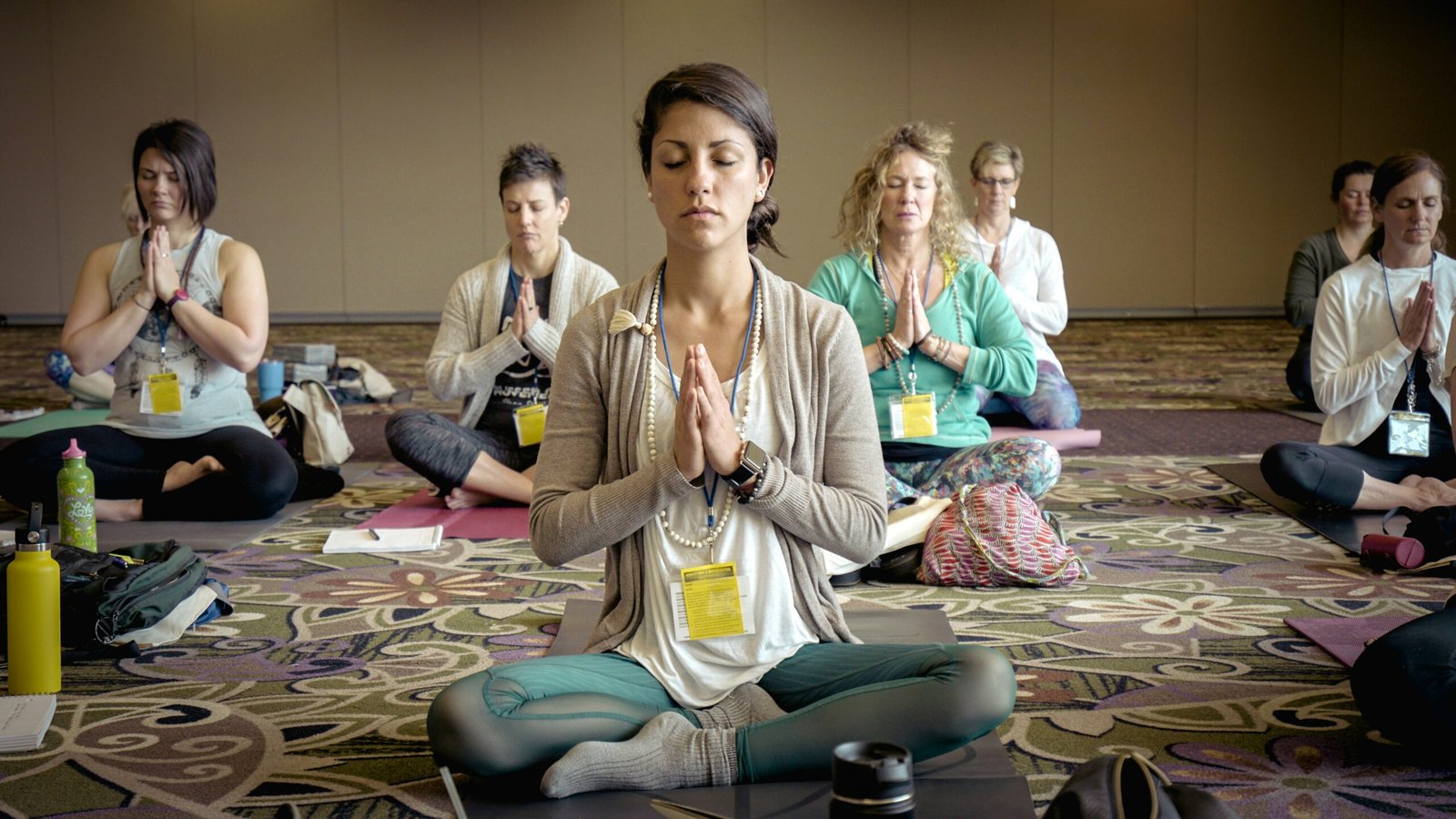

Education and Personal Development: The Pathway to a Fulfilling Life
Education and personal development are deeply intertwined forces that shape our understanding of the world, our role within it, and our potential to achieve a fulfilling life.
While education equips us with knowledge, skills, and competencies, personal development empowers us to apply these qualities in meaningful ways.
Together, they lay the foundation for personal growth, self-discovery, and the cultivation of values that guide us through life.
Education provides the critical thinking skills necessary for individuals to navigate the complexities of life. It opens doors to opportunities, fostering intellectual growth and broadening perspectives.
Together, education and personal development create a holistic approach to growth. This symbiotic relationship is essential for achieving success and fulfillment in all areas of life.
The Role of Education in Personal Development
Education, in its most fundamental sense, is a process of learning that helps individuals understand themselves and the world around them. From the earliest stages, education broadens our knowledge base, introduces us to new ideas, and fosters critical thinking. The structured environment of school and higher education provides an array of subjects and disciplines that challenge our intellect and curiosity. Through learning, we become aware of diverse perspectives, cultures, histories, and philosophies, which all enrich our understanding of what it means to be human.
Additionally, education equips us with specific skills that enhance our ability to succeed. From literacy and numeracy to specialized technical skills, education provides us with tools to navigate society and contribute productively. Such skills also serve as stepping stones for self-confidence, independence, and resilience—qualities central to personal development.
Personal Development: Beyond Academic Knowledge
While education imparts knowledge, personal development encompasses the broader process of self-improvement, emotional intelligence, and self-awareness. It involves cultivating values, honing personal strengths, and addressing weaknesses. Personal development encourages individuals to set goals, engage in self-reflection, and build character.
One key aspect of personal development is emotional intelligence—the ability to recognize, understand, and manage one’s emotions and empathize with others. Emotional intelligence allows us to build meaningful relationships, communicate effectively, and respond to challenges with resilience. Through personal development, we learn how to harness our emotions in a constructive manner, fostering deeper connections with ourselves and others.
Personal development is a multifaceted journey aimed at enhancing various aspects of an individual’s life. Like
Technical Skills : These are job-specific abilities required to perform certain tasks.
Growth Mindset: Abilities can be developed through dedication and hard work.
Emotional Intelligence: Understanding one’s own emotions, strengths, weaknesses, and values.
Personal development, thus, involves a continuous process of self-improvement in knowledge, skills, and character. It’s about setting and achieving goals, embracing new experiences, and striving to become the best version of oneself.

Growth Mindset
American psychologist Carol Dweck, a Stanford University professor coined the term "growth mindset".
How Education and Personal Development Work Together
Education and personal development are complementary. Education provides a foundation of knowledge and the cognitive tools needed for critical thinking and problem-solving, while personal development applies these skills to real-life challenges. This combination allows individuals not only to understand the world but to actively shape it in alignment with their goals and values.
For instance, someone with a solid education in environmental science may be well-versed in climate change issues. However, it is their personal development—qualities such as determination, empathy, and ethical responsibility—that motivates them to take meaningful action, whether by advocating for policies or developing sustainable technologies. In this way, education equips individuals with knowledge, while personal development drives them to make impactful choices
The Impact of Education and Personal Development on Society
Together, education and personal development have a profound impact on society. Individuals who are both knowledgeable and personally developed are more likely to become responsible, engaged citizens. They understand the importance of social responsibility, the value of diversity, and the need for empathy in addressing global challenges.
Furthermore, education and personal development lead to more equitable and inclusive societies. When individuals from all backgrounds are afforded the opportunity to develop their potential, societies become more just and resilient. These individuals become leaders, innovators, and advocates, enriching the fabric of society and contributing to collective well-being.
In the USA, a robust education system has fostered innovation, economic growth, and social mobility. In India, the challenges are more pronounced due to the country’s vast population and socio-economic disparities
The Lifelong Journey of Learning and Growing
Personal development does not end with formal education; it is a lifelong process. As we encounter new experiences, face challenges, and adapt to change, we continue to learn and grow. Continuous learning encourages curiosity and adaptability, enabling individuals to respond effectively to changing circumstances and remain engaged in personal and professional growth.
Personal development, too, evolves over a lifetime. Our values, interests, and goals often change with age and experience, prompting us to refine our sense of purpose and re-evaluate our priorities. This journey of self-discovery keeps us aligned with our authentic selves and helps us lead lives of greater meaning and fulfillment.

Conclusion
Conclusion: Education and personal development are essential pillars of a fulfilling and purposeful life. Education empowers us with knowledge and skills, while personal development drives us to apply them in meaningful, ethical, and responsible ways. By engaging in both, we create opportunities to discover our passions, overcome obstacles, and achieve a sense of personal satisfaction. Together, education and personal development form the foundation upon which we can build a more empathetic, innovative, and inclusive world.
China and USA Educational System
China and the USA have developed strong educational systems through substantial investment, innovative policies, and continuous reform. China prioritizes rigorous academics, teacher training, and technology integration, with government-driven strategies to enhance STEM education and global competitiveness. The USA emphasizes diversity in educational approaches, supporting creativity, critical thinking, and specialized programs for different learning needs. Both countries invest heavily in research, infrastructure, and teacher development, fostering a culture that values education’s role in economic growth. Additionally, public-private partnerships and policies supporting universal access ensure resources reach various communities, creating a foundation for high-quality, inclusive education accessible to all citizens.

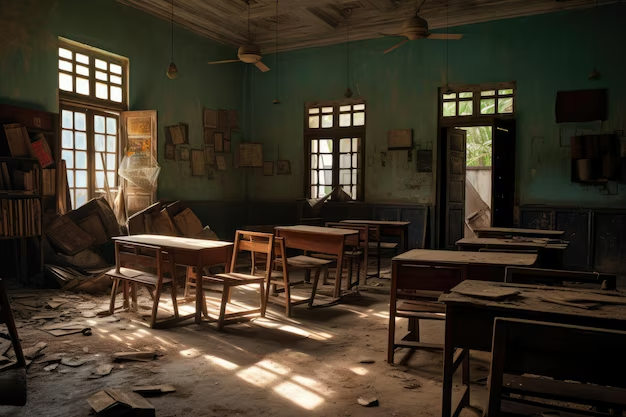
why india is lagging in education?
India faces several challenges in education, contributing to its lag behind other nations. Key issues include inadequate funding, leading to poor infrastructure and resources in schools, especially in rural areas. Teacher shortages and limited training hinder quality instruction, while outdated curricula do not prepare students for modern job markets. Additionally, socioeconomic inequalities restrict access to education for many, particularly girls and marginalized communities. High dropout rates due to economic pressures and lack of emphasis on critical thinking further impact educational outcomes.


The Path of Zorba the Buddha : Insights from Osho

Celibacy vs Sex Philosophy of Osho
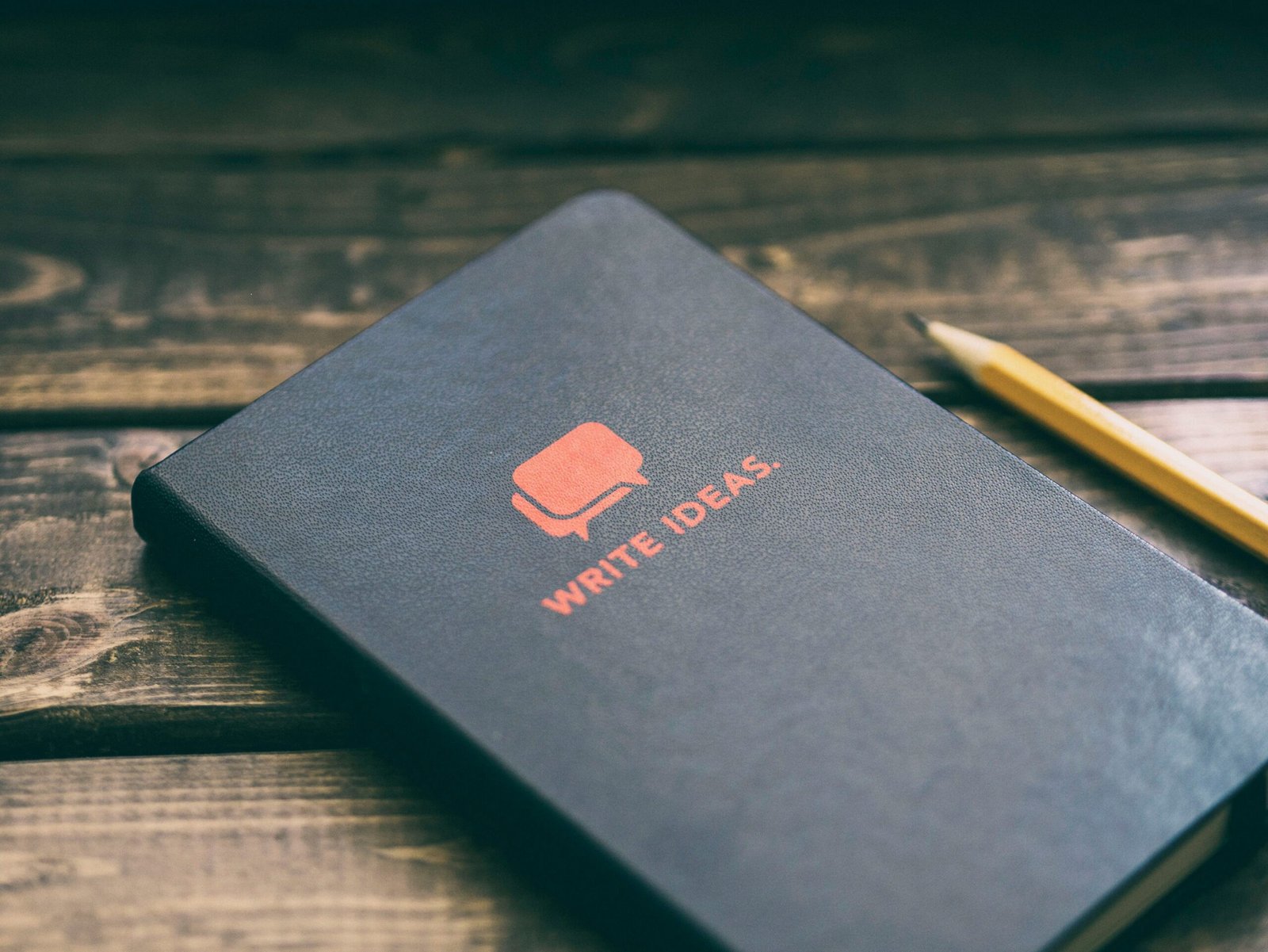
God is Dead?

Navigating Emotional Complexity in Sexual Relations for Spiritual Growth
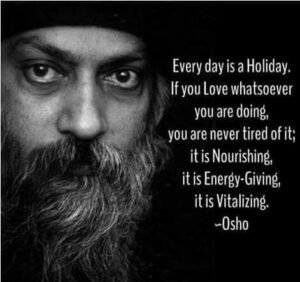
Osho’s Philosophy: A Cautionary Perspective

The Myth of Superconsciousness: Beyond Sexual Experiences

Misinterpretations of Osho’s Philosophy: The Debate on Sexuality and Spiritual Growth
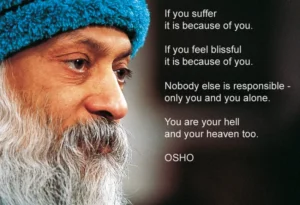
Celibacy in Religious Traditions and Osho

Osho’s Views on Polygamy and Monogamy

Exploring Osho’s View on Monogamy and Polygamy

The Paradox of Pursuing Travel by Bhagwan Rajneesh

The Global Visa Rejection of Bhagwan Rajneesh
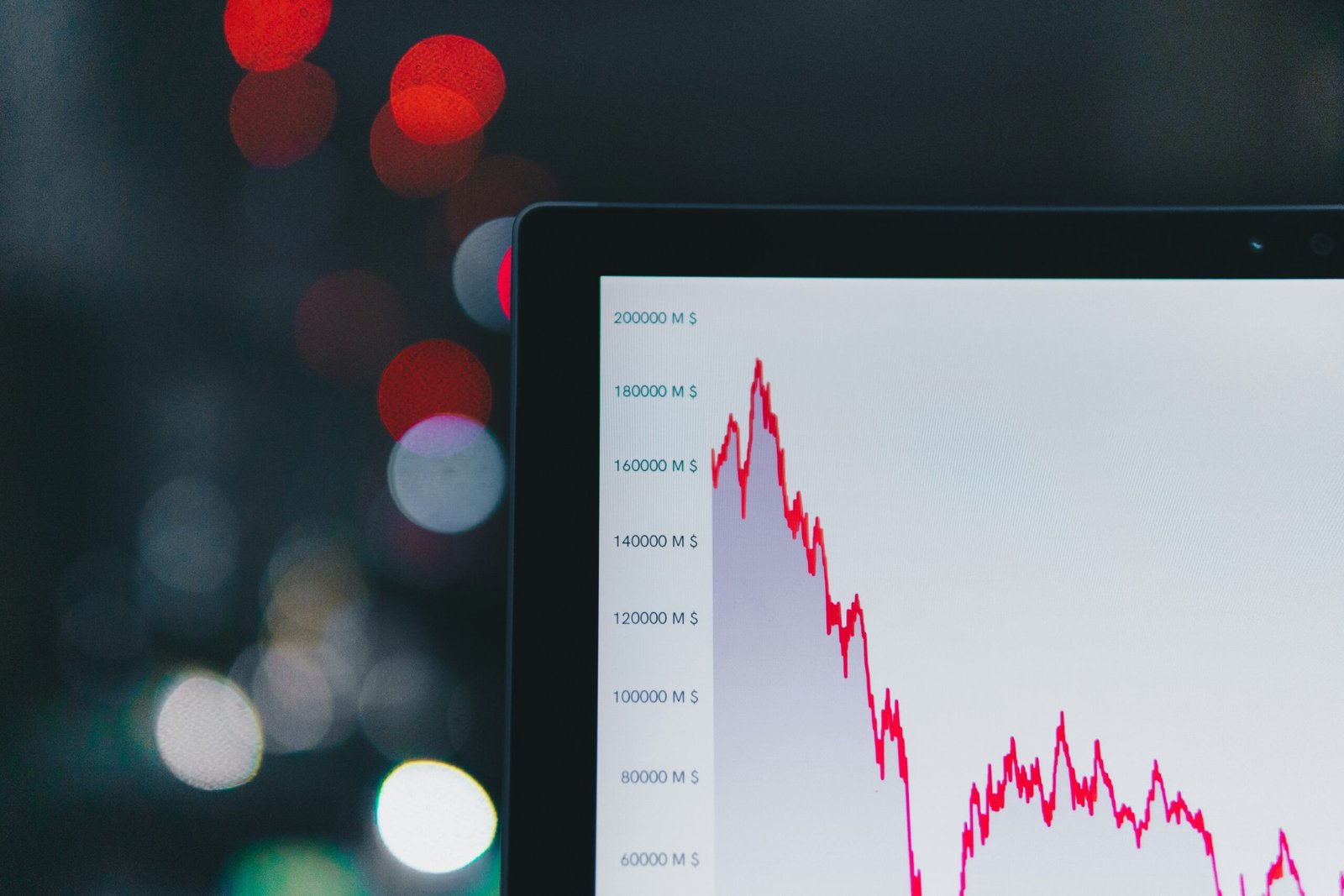
Jesus saves, Moses invests, Bhagwan spends

Third Psychology: Osho’s Influence and Insights

Rajneeshism: Origins and Impact

Thoughtless awareness and contentless consciousness
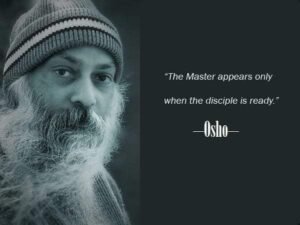
Osho educational philosophy

Exploring Osho’s “Ek Onkar Satnam”: A Journey into Spiritual Unity and Inner Truth
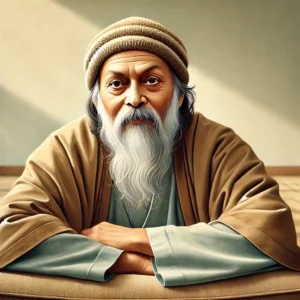
Breaking Chains: Osho’s Vision of Spirituality Beyond Guilt and Repression
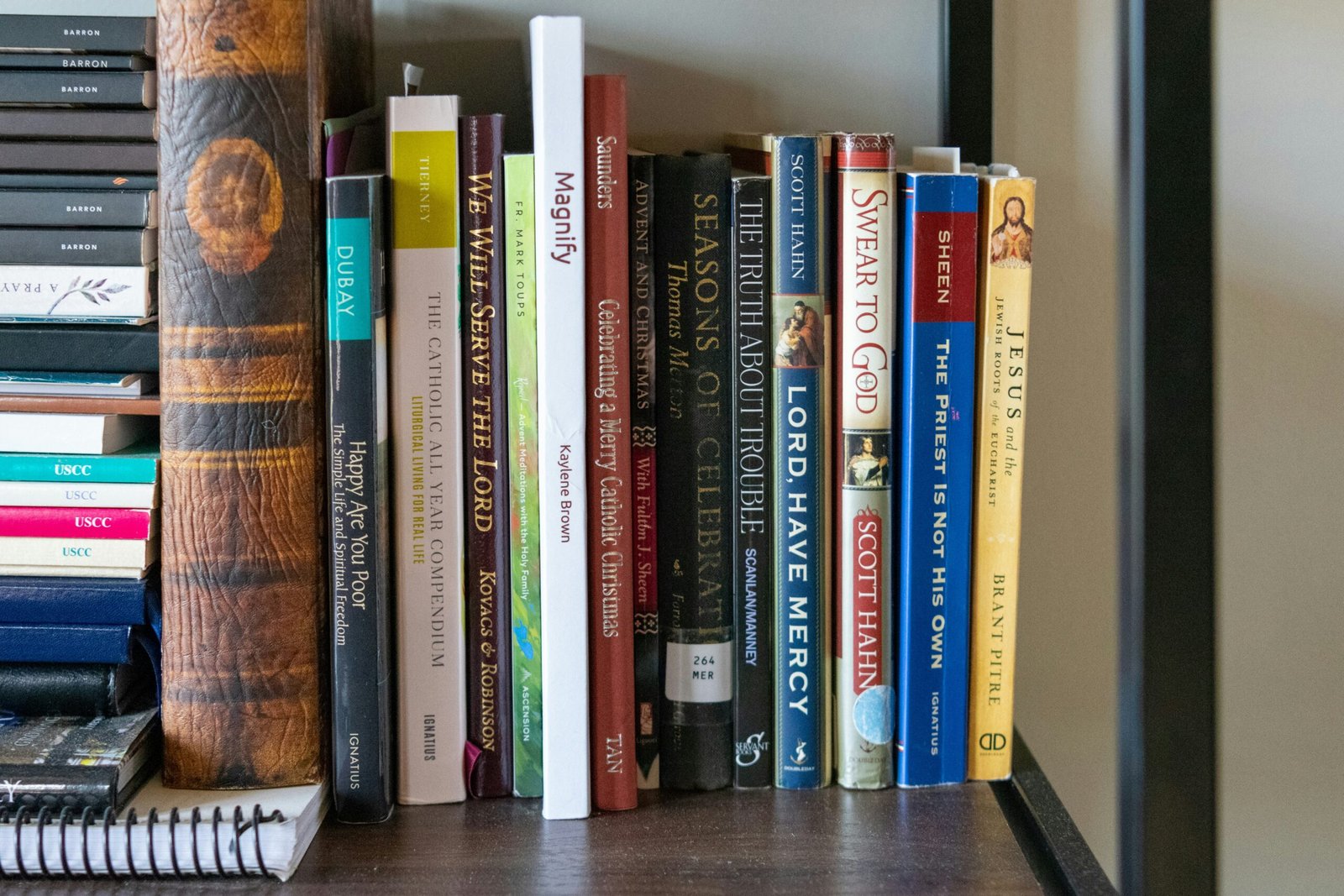
ओशो के दृष्टिकोण में भाषा और धर्म का संबंध
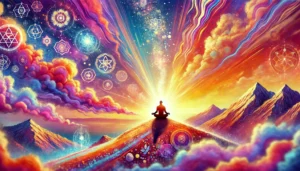
Exploring the Highlights of ‘Jeevan Ki Khoj’ by Osho

AI and Consciousness and Awareness

Understanding Osho’s Perspective on Govardhan Puja

The Silent Cry of Our Parks: A Plea for Attention

psychedelics and spirituality
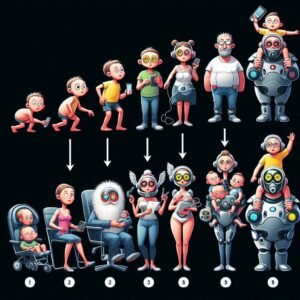
Family evolution : From Joint Families to Nuclear Units

Over 80 years old

Intermittent Fasting for Seniors

